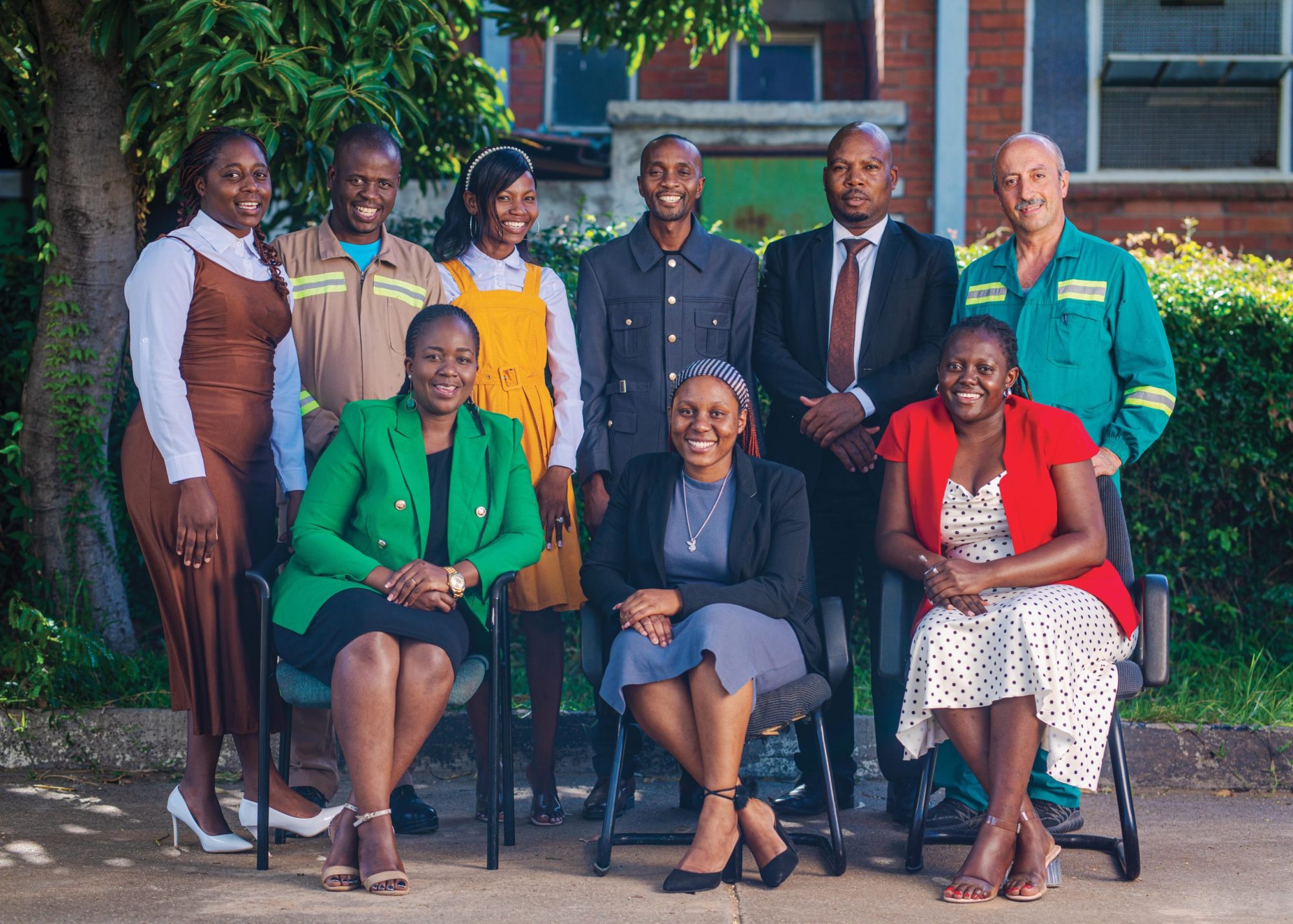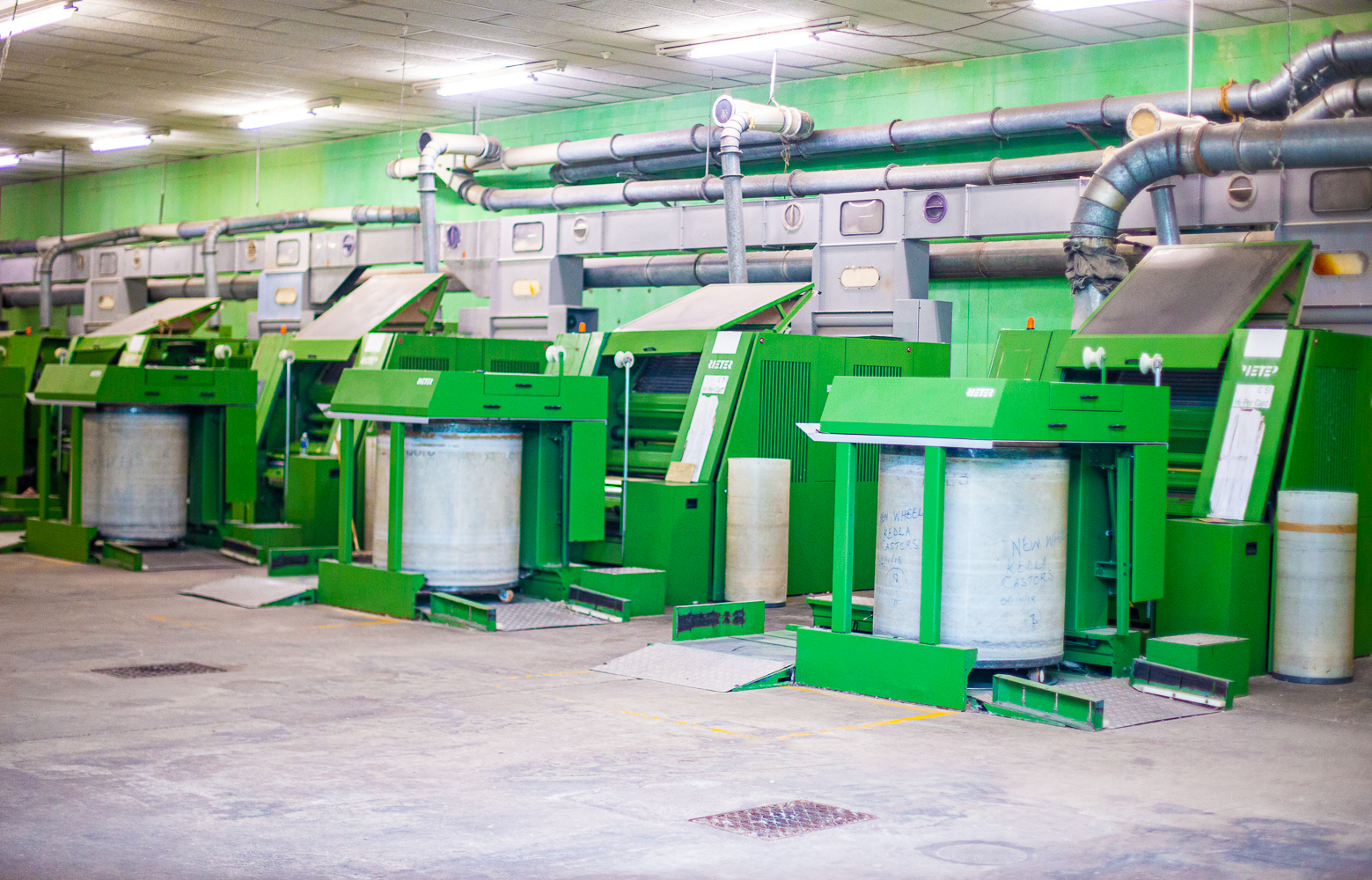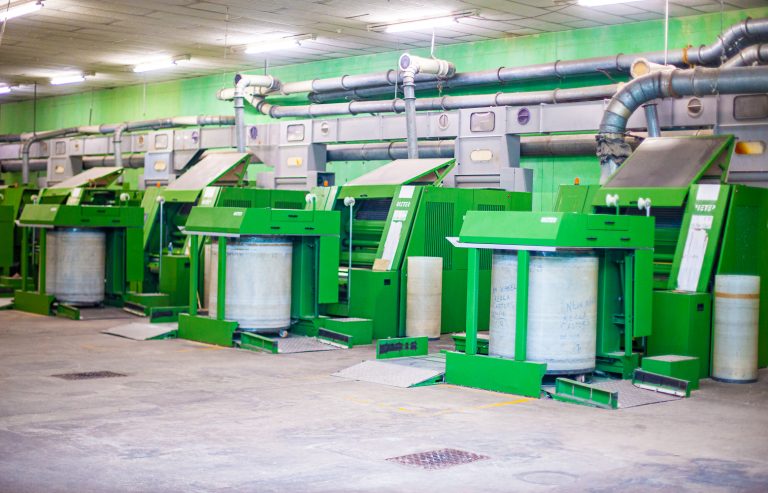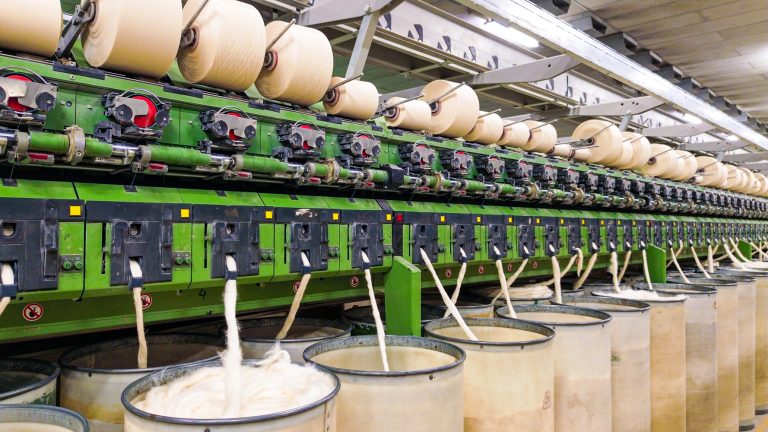The Art of Cotton Spinning
How Precision and Quality Shape the Textile Industry
Cotton spinning is a fundamental process in the textile industry, transforming raw cotton fibers into high-quality yarn used for fabric production. At Afroran Spinners, we take pride in our expertise, state-of-the-art technology, and commitment to producing premium-quality yarn that meets the demands of modern textile manufacturers.
Understanding Cotton Spinning
Cotton spinning is the process of converting raw cotton into yarn, which serves as the backbone of textile manufacturing. This process has evolved over centuries, transitioning from traditional hand-spinning methods to highly sophisticated automated systems that ensure consistency, durability, and efficiency.
The Key Steps in Cotton Spinning at Afroran Spinners
1. Cotton Ginning
The first step involves separating cotton fibers from seeds using specialized ginning machines. This ensures that only the purest fibers proceed to the next stage of production.
2. Cleaning and Carding
The fibers undergo thorough cleaning to remove impurities before being carded. Carding aligns the fibers in a parallel manner, making them easier to spin into yarn.
3. Drawing and Roving
After carding, the fibers are stretched and blended for uniformity, forming a sliver. This sliver is then twisted into a roving, which refines the fibers before spinning.
4. Spinning
The roving is spun into yarn through ring or open-end spinning techniques, resulting in various yarn thicknesses and strengths, depending on its intended use. Afroran Spinners employs cutting-edge spinning technology to ensure superior quality and durability.
5. Winding and Packaging
Finally, the spun yarn is wound onto cones or bobbins, ready for weaving, knitting, or further processing in textile manufacturing. Afroran Spinners ensures careful handling and packaging to maintain the integrity of the yarn.
Commitment to Quality and Innovation
At Afroran Spinners, quality is our top priority. We implement strict quality control measures, monitoring factors such as fiber length, strength, and fineness to ensure superior yarn production. Our modern spinning mill utilizes automation, AI-driven monitoring systems, and sustainable practices, such as recycling waste fibers to reduce environmental impact.
Conclusion
Cotton spinning remains a cornerstone of the textile industry, and Afroran Spinners is proud to be at the forefront of innovation and excellence. As we continue to refine our processes and embrace sustainability, we remain dedicated to producing high-quality yarn that meets the evolving needs of the textile world.




